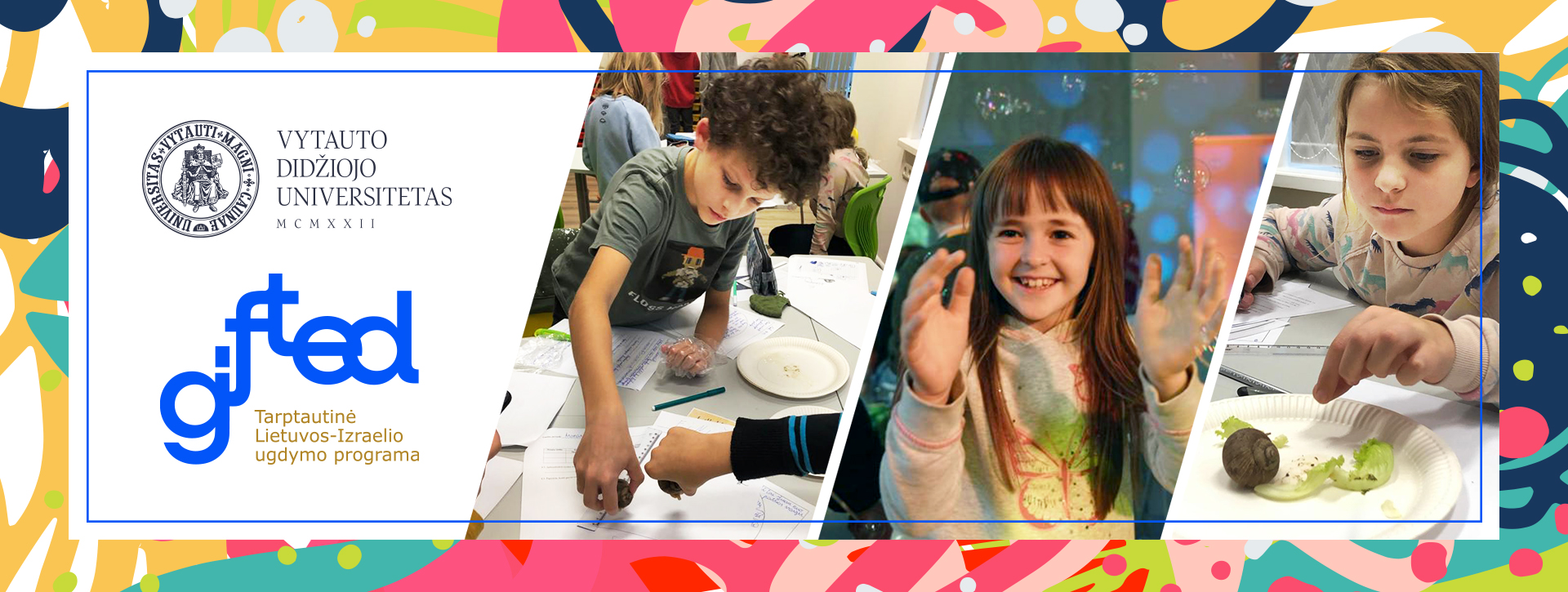News

50% of gifted children are not recognized in schools: explained what qualities distinguish them
https://www.lrytas.lt/tevams/vaikai/2021/03/01/news/mokyklose-neatpazistama-50-proc-gabiu-vaiku-paaiskino-kokiomis-savybemis-jie-issiskiria-18472454/...

For the education of gifted children in Vilnius and Kaunas – the international program “Gifted”
The international program “Gifted”, which was launched in Lithuania last year and is aimed at educating gifted children, has gained immense popularity – hundreds of participants have registered in Kaunas. After evaluating the successful start, this year it was decided to expand the program and offer...

How the Israeli education model educates gifted Lithuanian children and why 30 percent of Nobel Prize laureates are Jewish
In our country, great attention is paid to children with special needs who have learning difficulties. A whole system of assistance for such children has been created, specialists have been trained, and programs have been developed. However, gifted children are also children with special needs, but ...

VMU launches international program for the education of gifted children
This week, Vytautas Magnus University (VMU) is launching an international Lithuanian-Israeli program "Gifted", aimed at educating gifted children. The program is implemented according to the internationally recognized Israeli model of education for gifted children, which consists of special educatio...

Working with gifted people is an investment in the future
Modern countries are increasingly developing programs designed to motivate gifted children, and they do not spare large investments in their implementation. The international program for the education of gifted children "Gifted" has also been launched in our country. What is special about it and how...

Dr. J. Misiūnienė: Many myths still hinder the development of children’s talents
“If the curriculum of one or more school subjects is too easy and does not pose a cognitive challenge to the child, it means that it does not encourage the child to develop, does not satisfy his curiosity, suppresses his motivation to learn and does not create conditions for acquiring new knowledge ...




